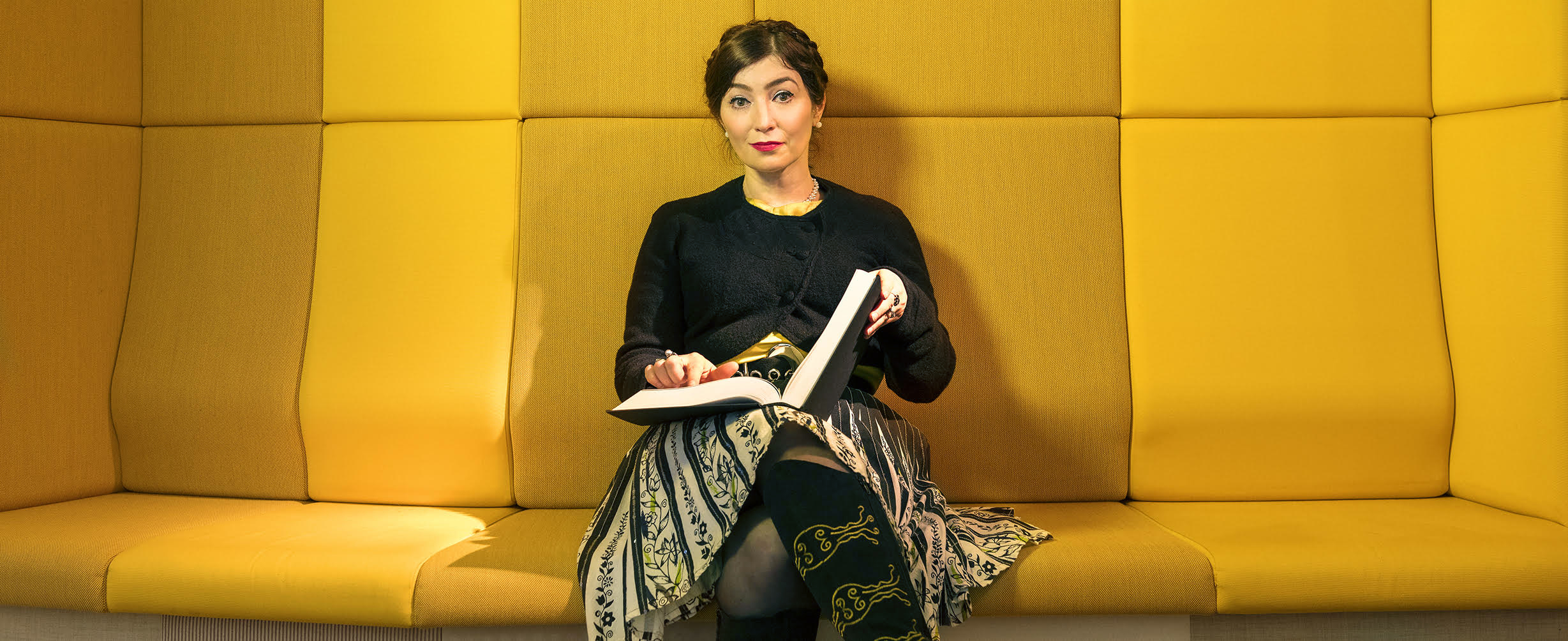Katya Tolstaya is Chair of ‘Theology and Religion in Post- Trauma Societies’, Vice-Dean and Dean of Research, and Founding Director of the Institute for the Academic Study of Eastern-European Christianity (INaSEC) at Vrije Universiteit, as well as Founding President of the International Association for Post-Soviet Theology and Study of Religion (PAST). Her main research and valorisation interest is to establish a totally new field of interdisciplinary and interreligious post-Soviet theology, within the interdisciplinary landscape/scope of post-traumatic, post-totalitarian and post-genocidal studies. Theology after Gulag, Bucha and Beyond is the first phase of this project.
Tolstaya obtained her MA (cum laude, 2000), and her PhD (cum laude, 2006), both at the Protestant Theological University (PThU), Kampen, The Netherlands. Tolstaya has also demonstrated success in fundraising. She has been able to secure funding for her research projects and initiatives, and was, for example, laureate of a prestigious NWO VENI Talent Scheme Innovational Research Incentives Humanities (2009-2012). As a Visiting Professor she teaches in different post-Soviet countries, e.g. at Lev N. Gumilyov Eurasian National University, Astana, Kazakhstan, and at the Ukrainian Catholic University, Lviv, Ukraine. She was Visiting Researcher at the Karl Barth-Archiv, Basel (2009) and Visiting Fellow at Aleksanteri Institute, Finnish Centre of Excellence in Russian Studies, University of Helsinki (May-July 2017). In 2022-2023 Tolstaya has been granted the title “Theologian of the Fatherland’.
